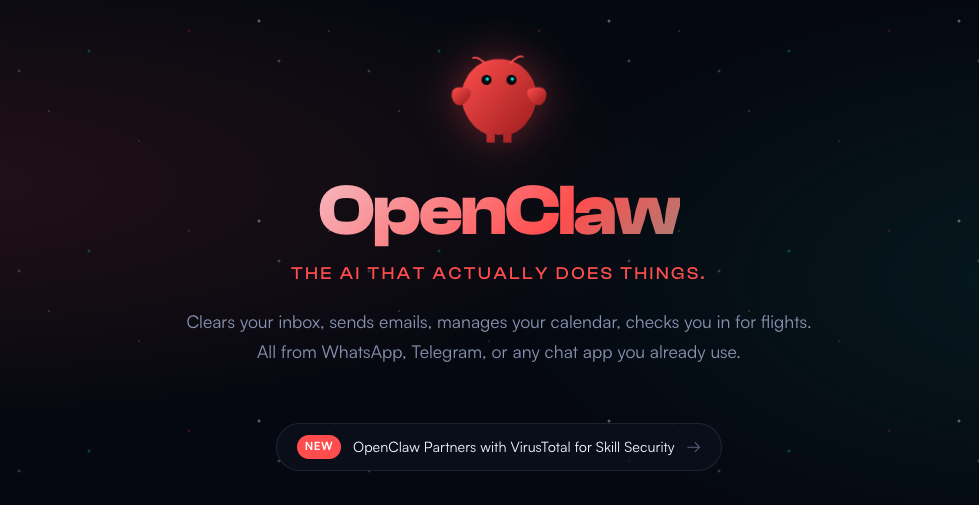5 Best Practices to Consider When Using Facebook with Students

Tools and ideas to transform education. Sign up below.
You are now subscribed
Your newsletter sign-up was successful
This post was original featured on Smartblogs on Education
Innovative educators realize that to run for office, run a business, or change the way things are run where you work or play, being savvy with the use of social media is important. Now you are ready to take the plunge with your students to help them change their lives and the world for the better. Before you get started, consult with your school or district to find out their guidelines and policies and keep these best practices in mind.
- Kurt Hahn School
- PS 46 Parent Coordinator
- Van Meter
- New Canaan High School Library
- Co-moderator who can support you in your moderator roles and take them helm if you are unable.
- Nurturers who will greet new people and provide positive feedback.
- Responders who have the urge to comment and make sure everyone’s posts and ideas and contributions are recognized.
- Pushers who can deepen the dialogue with their probing questions
- Sharers who are always finding a good outside resource to enrich a conversation.
- Monitors who can alert you to any activity that may be of concern.
Educators should consider having a strictly professional profile when communicating with students on Facebook. This avoids confusion of privacy settings. It will also help keep the lines of personal and professional clear. Additionally, once a personal account is used for professional purposes, it could be considered professional. This becomes a problem should an issue come up with a student that results in a request to obtain access to the account on which you communicated.
Pioneering educators who have chosen to use Facebook with students have realized terrific rewards including greater learner engagement, deeper conversations, improvement in literacy, and greater participation than traditional classroom platforms. With these practices in mind educators can realize positive results while keeping the lines of communication professional.So, what do you think? Have you used or considered using Facebook with your students? Which of these practices do you think or have you experienced as being, useful? Are there other challenges or concerns that are getting in the way of using Facebook with students? If so, what are they?
Lisa Nielsen writes for and speaks to audiences across the globe about learning innovatively and is frequently covered by local and national media for her views on “Passion (not data) Driven Learning,” "Thinking Outside the Ban" to harness the power of technology for learning, and using the power of social media to provide a voice to educators and students. Ms. Nielsen has worked for more than a decade in various capacities to support learning in real and innovative ways that will prepare students for success. In addition to her award-winning blog, The Innovative Educator, Ms. Nielsen’s writing is featured in places such as Huffington Post, Tech & Learning, ISTE Connects, ASCD Wholechild, MindShift, Leading & Learning, The Unplugged Mom, and is the author the book Teaching Generation Text.
Disclaimer: The information shared here is strictly that of the author and does not reflect the opinions or endorsement of her employer.
Tools and ideas to transform education. Sign up below.
Lisa Nielsen (@InnovativeEdu) has worked as a public-school educator and administrator since 1997. She is a prolific writer best known for her award-winning blog, The Innovative Educator. Nielsen is the author of several books and her writing has been featured in media outlets such as The New York Times, The Wall Street Journal, and Tech & Learning.
Disclaimer: The information shared here is strictly that of the author and does not reflect the opinions or endorsement of her employer.
